It is time for businesses to get ready for the PSTN and ISDN Switch-off.
Research by broadband provider Zen Internet has shown that over a third of small businesses are still completely unaware of the transition to IP lines.
Amongst recovering from the ongoing global pandemic, and Brexit impacting Businesses UK-Wide, the ‘Great British Switch Off’ – is getting lost in the fray. ITCS is advising that business owners take heed of the imminent changes and grasp the opportunity they represent – after research revealed that it is UK SMEs who are the least prepared for the change – as well as over reliant on traditional telephony systems.
So, what IS the ISDN Switch-Off?
BT began shutting down networks in 2020 and will stop taking new orders starting 2023. By December 2025, PSTN circuits will be shut off completely.
This is a major step towards the United Kingdom’s mass IP-network migration, with VoIP core networks set to replace all of the outdated legacy technology.
What are PSTN Circuits?
PSTN (The Public Switch Phone Network) is the traditional circuit-switched phone system that uses copper wires for the network. For an estimated 2.4 million UK Businesses, PSTN is still the foundation of their communications, which poses a business continuity risk as the country migrates to an all-VoIP environment.
What is an ISDN Network?
ISDN has been the recognised standard in business communications for the last 30 years. When the internet first gained popularity, ISDN lines became the international standard for switched, digital dial-up telephone service for voice and data, because it was faster than analogue modems.
See our glossary of VoIP terms for more Acronyms and telecoms jargon translations.
Why is Openreach switching PSTN and ISDN Networks off?
The nature of how we communicate has evolved drastically since the dawn of the PSTN Network. As a 20th Century technology, PSTN is growing increasingly out of date and is struggling to keep up with the growing demands for high internet speeds and large networks. Even ISDN networks can no longer support the speed, scalability and method of communications that businesses need today.
With that, Openreach has decided to stop investing any more money and labour into a technology that can’t fulfil the needs of the modern business landscape.
The switch to digital isn’t just a UK shift – it’s happening globally, and fast. As technology, the way we work, and customer behaviour evolves, telecommunications worldwide are moving from analogue to digital. Germany, Japan, and Sweden are already ahead of us in making the shift. Estonia and The Netherlands are already there and switched off their PSTN networks in 2019.
2025 is years away, why do I have to worry about it now?
We are strongly recommending that businesses waste no time in preparing for the ISDN switch-off – particularly if your business is still relying on an ISDN line. There’s lots to consider, and we can help, but you do need to start planning your strategy for the switch off as soon as possible.
There’s so much going on in my business at the moment – isn’t this just going to add to the stress?
It’s true that the copper stop-sell will result in a short-term upheaval for small business owners. But don’t panic – because the switch to digital will also offer widespread benefits – both in terms of cost, and in terms of helping SMEs navigate the issues faced with home working in the past 12 months. Transitioning away from traditional telephone networks to cloud-based technology – which carries communications over the internet – introduces a scalable and adaptable system for the modern day, which will also prepare your business for the future.
We are recommending that businesses transition to VoIP lines – mainly for the range of benefits the IP line offers. VoIP software integrates well with desktop computers to use as ‘softphones.’ This means you can make calls using your computer, smartphone or tablet using the same phone number – as long as it has audio input/output capabilities.
What are the Benefits of VoIP?
Better quality calls, dynamic call handling and more competitive cost per minutes – VoIP phone systems offer increased flexibility and more advanced features for any business. Some of the main benefits include:
- Lower Costs
Calls are cheaper on VoIP compared to traditional phone lines. VoIP routes calls through the internet – which means you don’t have to contend with other people for data carriage.
- Higher Scalability
If you have your eyes set on expansion, VoIP is an ideal solution for your business. You won’t have to purchase additional hardware or extensions to scale your operations since your phone network is digital. VoIP is able to accommodate a higher bandwidth, so accommodating surges during peak seasons will be a breeze. Opening a new branch will also be easier, since your communications will be unified in one digital network.
- Supports Multitasking
Making calls is just the beginning when it comes to VoIP lines. You can hold conference calls, install call queuing, and collaborate with your team by sending videos, photos and documents – all whilst in the middle of a conversation. VoIP also lets you collaborate on calendars, share presentations and desktops and send instant messages.
- Increased Accessibility
The world of work is changing. Cloud-based VoIP services let you make calls from anywhere using any device. All you have to do is add your device to the cloud network and route your calls. If you’re unavailable at the moment, you can direct your incoming calls to someone else or have the voicemails sent to your email.
What do I need to do next?
The bottom line is that you need to start planning for the ISDN switch-off as early as possible to make sure you’re making the best decisions for the company. This event isn’t only a chance to upgrade your phone system; it’s also an opportunity to make your entire business communications more seamless and efficient.






 CLOSE
CLOSE











